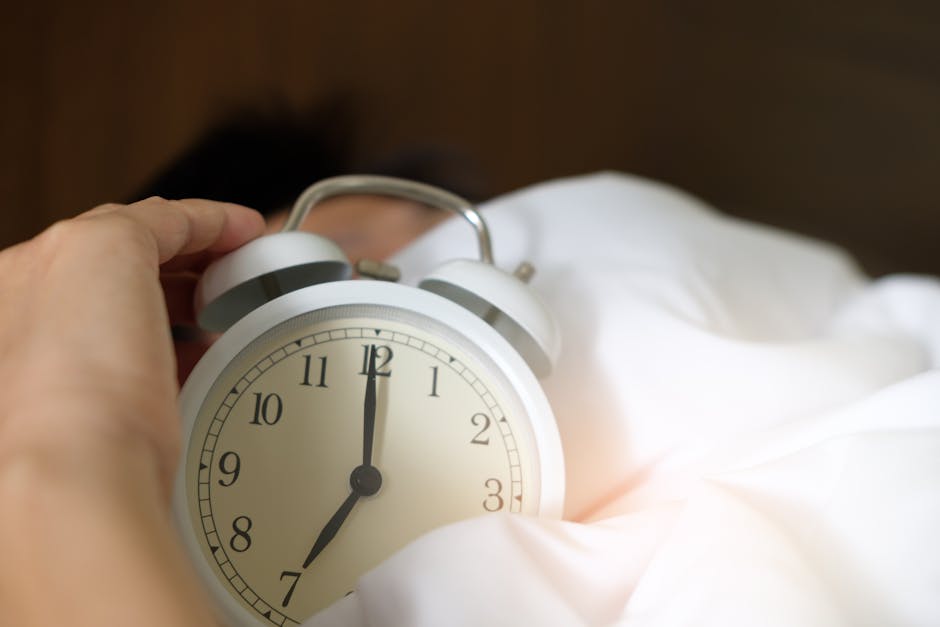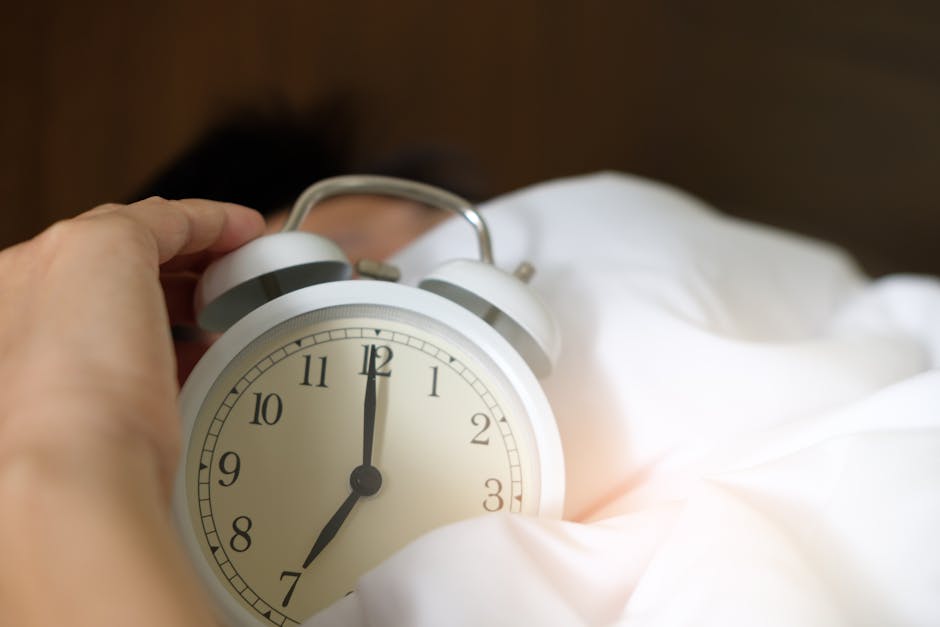
The Connection Between Sleep Quality and Back Tension Relief
Unlocking the secrets to back tension relief might just start with what happens after you dim the lights and close your eyes. Dive deep into how sleep quality not only revitalizes your energy but also unwinds the knots in your back, offering an oasis of relief in the bustling world.
Understanding the Link Between Sleep and Back Pain
The nexus between sleep quality and back pain is a prominent topic of interest amongst health professionals today. It’s increasingly clear that poor sleep can exacerbate back issues, leading to a vicious cycle where pain disrupts sleep, and the lack of restorative sleep in turn increases pain perception. Various studies highlight that individuals suffering from chronic back discomfort often report lower sleep quality, demonstrating the deep-rooted connection between these two vital aspects of health.
Delving into the biomedical perspective, during the non-REM deep sleep stage, our bodies undergo crucial restorative processes—including muscle repair and growth hormone release, which are vital for back health. Insufficient quality sleep can interrupt these processes, impeding the body’s natural ability to heal and reduce inflammation, thereby contributing to increased back tension.
Moreover, psychological factors also play a significant role. Poor sleep is known to enhance stress and anxiety, which can tighten muscles and further aggravate back discomfort. Thus, managing sleep quality becomes paramount in the quest for back tension relief.
How Poor Sleep Quality Contributes to Back Tension
Understanding the impact of poor sleep on back tension involves unraveling the physiological changes short sleep durations or disturbed sleep patterns inflict on the body. Primarily, poor sleep exacerbates inflammation, a leading cause of muscle soreness and back pain. Chronic insufficient sleep can heighten inflammatory pathways, increasing susceptibility to back discomfort.
Additionally, sleep deprivation can significantly affect posture and spinal alignment. Fatigue due to poor sleep often results in less physical activity, leading to weakened posterior chain muscles—the muscles supporting your spine. This weakening can contribute to improper spinal alignment and increased back tension, manifesting as discomfort or pain.
Tips for Improving Sleep to Reduce Back Discomfort
Creating a conducive sleep environment plays a critical role in enhancing sleep quality. This includes maintaining a cool, dark, and quiet bedroom. Incorporating relaxation techniques such as meditation or a warm bath before bed can also signal your body it’s time to wind down.
Moreover, sticking to a consistent sleep schedule helps regulate your body’s internal clock, making it easier to fall and stay asleep. Limiting exposure to screens and heavy meals before bedtime can further improve sleep quality, providing a solid foundation for back tension relief.
Engaging in regular physical activity, particularly exercises that strengthen the back and core muscles, can not only improve sleep quality but directly contribute to alleviating back discomfort. Tailoring your exercise regimen to include activities like yoga and swimming can offer dual benefits for sleep and back health.
The Role of Mattresses and Pillows in Back Tension Relief
The choice of mattress and pillow is paramount in the journey towards back tension relief. A mattress that provides adequate support aligns the spine correctly, distributing body weight evenly and preventing muscle strain. Similarly, the right pillow can keep the neck aligned with the spine, preventing additional stress on the back.
Lifestyle Changes for Better Sleep and Back Health
Embracing a holistic approach to health by integrating lifestyle changes can significantly impact sleep quality and back health. This includes balancing work and relaxation to manage stress, which often contributes to back tension. Equally, maintaining a healthy diet rich in anti-inflammatory foods can support muscle health and reduce back discomfort.
Hydration is another often overlooked aspect of maintaining good back health. Adequate water intake ensures the intervertebral discs are well hydrated, essential for spine flexibility and shock absorption. Combining these lifestyle modifications can form a robust foundation for a life free from back tension, allowing for restful nights and pain-free days.
Intertwining Sleep Quality with Back Wellness
As our journey through understanding the intricate dance between sleep quality and back tension relief comes to a close, it’s evident that the path to a pain-free back is also paved with restful nights. Embracing the insights on proper sleep habits, mattress and pillow choices, along with a well-rounded lifestyle, can lead you to a life where back discomfort doesn’t dictate your day. Employ these strategies to cherish not just a good night’s sleep but a body at ease, ready to face life’s challenges with resilience and vigor.

